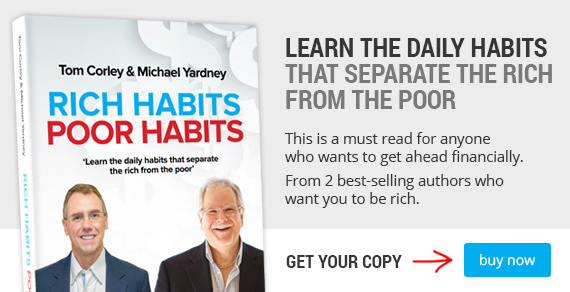 In my book, Change Your Habits Change Your Life, I spent three years studying the brain. The reason?
In my book, Change Your Habits Change Your Life, I spent three years studying the brain. The reason?
Habits are dictated by your brain.
When a behavior, thought or emotion is repeated enough times, neurons (brain cells) inside your brain begin to talk to each other. This repetitive communication is known as a synapse.
In a real sense, a newly created synapse is a lot like paving a new highway.
With enough repetition, a small golf ball sized mass of brain cells inside the limbic system, called the basal ganglia, becomes aware of this new highway or synapse, and stretches its long tentacles (dendrites) into the area around the synapse. This connects the basal ganglia to the synapse, essentially imprinting the synapse as a habit.
What I discovered in my research for my book is that the health of your brain impacts how efficiently your brain forges and maintains a habit.
There are certain things you can do that help to improve brain health, brain performance and, thus, make habit change much easier and more permanent:
- Coffee – This is really about caffeine. 100 mg of caffeine a day, about one cup of coffee, helps to suppress a brain chemical known as adenosine. When enough adenosine builds up inside the brain, this triggers the desire to sleep. Caffeine, by suppressing adenosine, helps maintain the flow of dopamine and glutamate, brain chemicals that keep you motivated, focused and alert.
- Tumeric – Tumeric contains curcumin. Curcumin is a spice that has anti-inflammatory properties, which help brain cells to remove free radicals (waste inside every cell).
- Cinnamon – Eating 1/2 to 1 teaspoon of cinnamon a day can slow the breakdown of sugar, helping to maintain a steady flow of glucose (brain fuel) into brain cells. Cinnamon is also an antioxidant which helps to remove those nasty free radicals from inside every brain cell.
- Fruit or Fruit Juice – Every cell in the body, including brain cells, requires energy in order to function. The most common source of energy for cells is glucose. Fruits and fruit juice contain glucose and can provide a quick source of energy for brain cells to function optimally.
Eating right and consuming certain nutrients, helps improve brain health, making it easier for brain cells to forge new habits.











